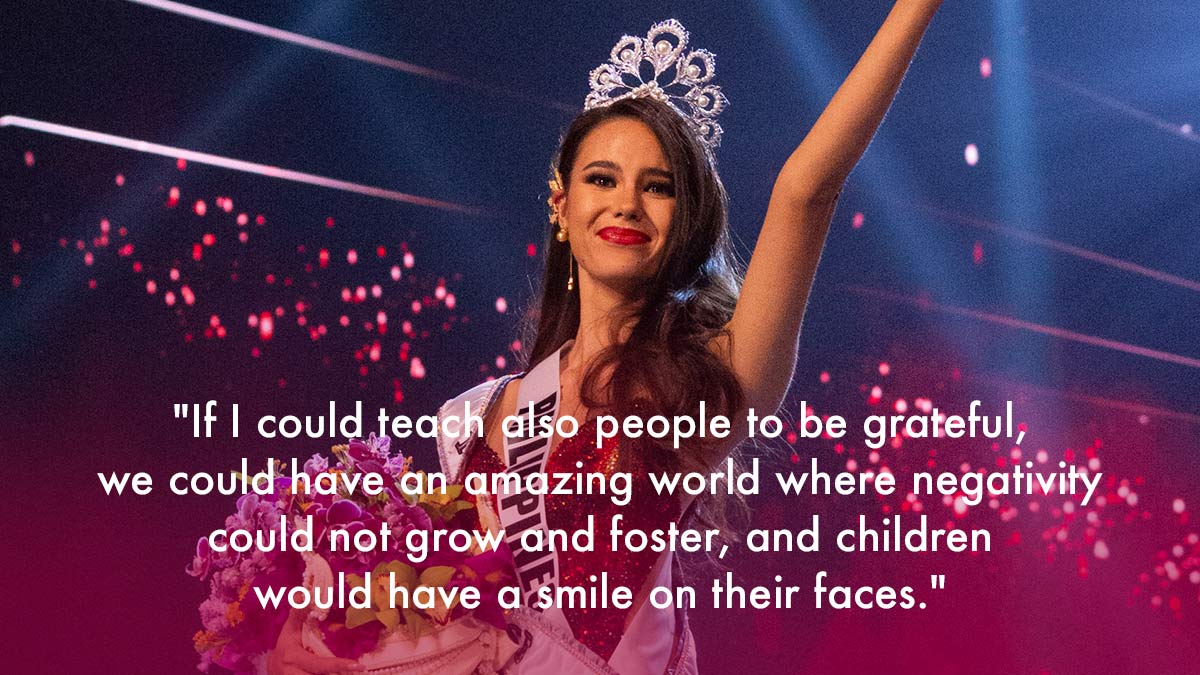Are you struggling to find the perfect words to express your feelings when she pops the inevitable question, “How do you feel about me?” Fear not! In this article, we’ll guide you through winning answers that will not only impress her but also strengthen your connection. Whether you’re in a new relationship or a long-term partnership, these expert tips will help you articulate your emotions while boosting your online dating success. So get ready to sweep her off her feet with your heartfelt and SEO-optimized responses that’ll leave a lasting impression!
The Art of Expressing Genuine Emotions: Crafting the Perfect Response to “How Do You Feel About Me?”
The Art of Expressing Genuine Emotions: Crafting the Perfect Response to “How Do You Feel About Me?” requires a delicate balance of sincerity, thoughtfulness, and heartfelt communication. When she asks you this crucial question, it’s essential to give an authentic answer that conveys your true emotions. Tapping into your feelings and choosing your words wisely can significantly impact the strength of your connection and the future of your relationship. By skillfully expressing your emotions, you can reassure her of your commitment and create a deeper bond built on trust and understanding. Remember, honesty is paramount, and an open, genuine response will always win her heart.
Navigating the Emotional Minefield: Tips for Answering the Tricky Question, “How Do You Feel About Me?”

Navigating the Emotional Minefield: Tips for Answering the Tricky Question, “How Do You Feel About Me?”Treading carefully through the emotional minefield of her question, “How do you feel about me?”, requires a blend of honesty, empathy, and tact. To craft a winning answer, start by assessing your true emotions and the depth of your relationship. Be genuine in your response, yet considerate of her feelings. Highlight the positive aspects and unique qualities that you appreciate, while also acknowledging any areas for growth. Remember, timing and tone are crucial to convey your emotions effectively. By being open, understanding, and thoughtful, you can successfully navigate this delicate conversation and strengthen your bond.
Unlocking the Love Language Code: How to Answer Her Question “How Do You Feel About Me?” with Honesty and Charm

Unlocking the Love Language Code is essential for effectively answering the age-old question, “How do you feel about me?” with honesty and charm. Mastering this art will not only strengthen your bond with your partner but also help you express your feelings in a way that resonates with her. To achieve this, discover her love language, whether it’s words of affirmation, acts of service, receiving gifts, quality time, or physical touch. By communicating your emotions in her preferred love language, you’ll create a deeper connection, ensuring your response to the question leaves her feeling cherished and appreciated.
The Ultimate Guide to Winning Her Heart: Mastering the Response to “How Do You Feel About Me?”

Discover the Ultimate Guide to Winning Her Heart by mastering the perfect response to the ever-important question, “How do you feel about me?” In today’s world of dating, it’s crucial to express your emotions and show genuine interest in your partner. Our comprehensive guide will provide you with the necessary tools to craft sincere, heartfelt answers that will sweep her off her feet, while also taking into account the importance of timing, body language, and tone. By following our expert advice, you’ll be well on your way to securing a lasting, meaningful relationship and ensuring your feelings are known and cherished. So, don’t miss out on this essential guide to navigating the complex world of emotions and communication in modern relationships.
Decoding Her Feelings: How to Give a Satisfying and Heartfelt Answer to “How Do You Feel About Me?”

Decoding Her Feelings: How to Give a Satisfying and Heartfelt Answer to “How Do You Feel About Me?”When your partner asks, “How do you feel about me?”, it’s essential to provide a genuine, heartfelt response that truly reflects your emotions. The key to decoding her feelings lies in understanding her needs for validation, reassurance, and connection. To craft an SEO optimized paragraph, consider incorporating phrases such as “expressing your emotions”, “strengthen your bond”, and “honest communication.” By focusing on these elements, you’ll be able to deliver a winning answer that not only satisfies her curiosity but also helps to deepen the emotional connection between you, fostering a stronger and more intimate relationship.




